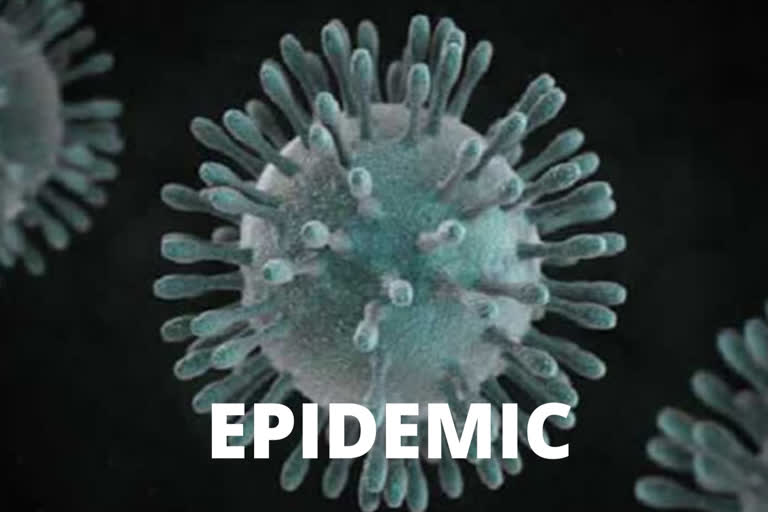Hyderabad(Telangana): The global virus Covid-19 outbreak is sweeping across the world, with 1,32,758 positive cases and gripping nearly 114 countries. Seeing the alarming levels of spread and severity, the World Health Organisation has declared coronavirus as 'pandemic' and has urged every country to take aggressive and precautionary measures.
In India, 93 positive cases of coronavirus cases have been confirmed and the country has reported two fatalities till date, one of a 76-year old man in Karnataka and the other of a 68-year-old woman in Delhi.
In view of the outbreak of the deadly virus, the government of India has suspended all existing visas, except diplomatic, official, U.N./international organizations, employment, project visas till 15th April 2020. Screening on all the international airports is done on a regular basis and suspected patients are quarantined or kept in the isolation ward until 14 days.
Seeing the rising number of cases in Maharashtra, the state government has evoked the Epidemic Diseases Act under which people showing symptoms of coronavirus may be forcibly admitted to hospitals for testing and treatment. However, this is not the first time that the Epidemic Act has been implemented in the state.
In 2018, the district collector of Gujarat’s Vadodara issued a notification under the Act declaring the Khedkarmsiya village in Waghodia taluka as cholera-affected after 31 persons complained of symptoms of the disease. To deal with malaria and dengue in Chandigarh, the Act was implemented in 2015 and controlling officers were instructed to ensure the issuance of notices and challans of Rs 500 to offenders.
Similarly in 2009, to tackle the swine flu outbreak in Pune, Section 2 powers were used to open screening centres in civic hospitals across the city, and swine flu was declared a notifiable disease.
Under what circumstances does a state implement Epidemic Act? What are the guidelines does the state government need to follow?
According to the Epidemic Diseases Act,1897 the centre issues guidelines to the states and Union Territories to invoke provisions of Section 2 of Epidemic Diseases Act, 1897, so that Health Ministry advisories are enforceable. All the states and union territories of India are advised to invoke the provisions of Section 2 of the Epidemic Disease Act 1897.
The sections of the Act include special measures to be taken by the Centre to “prescribe regulations as to dangerous epidemic disease.” It also includes the detention of people or any vessel that come from international shores and are seen potent to spread the epidemic in the country.
In a measure meant to arrest the growth in cases, the cabinet secretary stated that all states and Union Territories should invoke provisions of Section 2 of the Epidemic Diseases Act, 1897.
When at any time the State Government is satisfied that the State or any part thereof is visited by, or threatened with, an outbreak of any dangerous epidemic disease, the State Government, if it thinks that the ordinary provisions of the law for the time being in force are insufficient for the purpose, may take, or require or empower any person to take, such measures and, by public notice, prescribe such temporary regulations to be observed by, the public or by any person or class of persons as [it] shall deem necessary to prevent the outbreak of such disease or the spread thereof and may determine in what manner and by whom any expenses incurred (including compensation if any) shall be defrayed, according to the Act, the initial purpose of which was to fight an outbreak of the plague.
What are the provisions of the Act?
